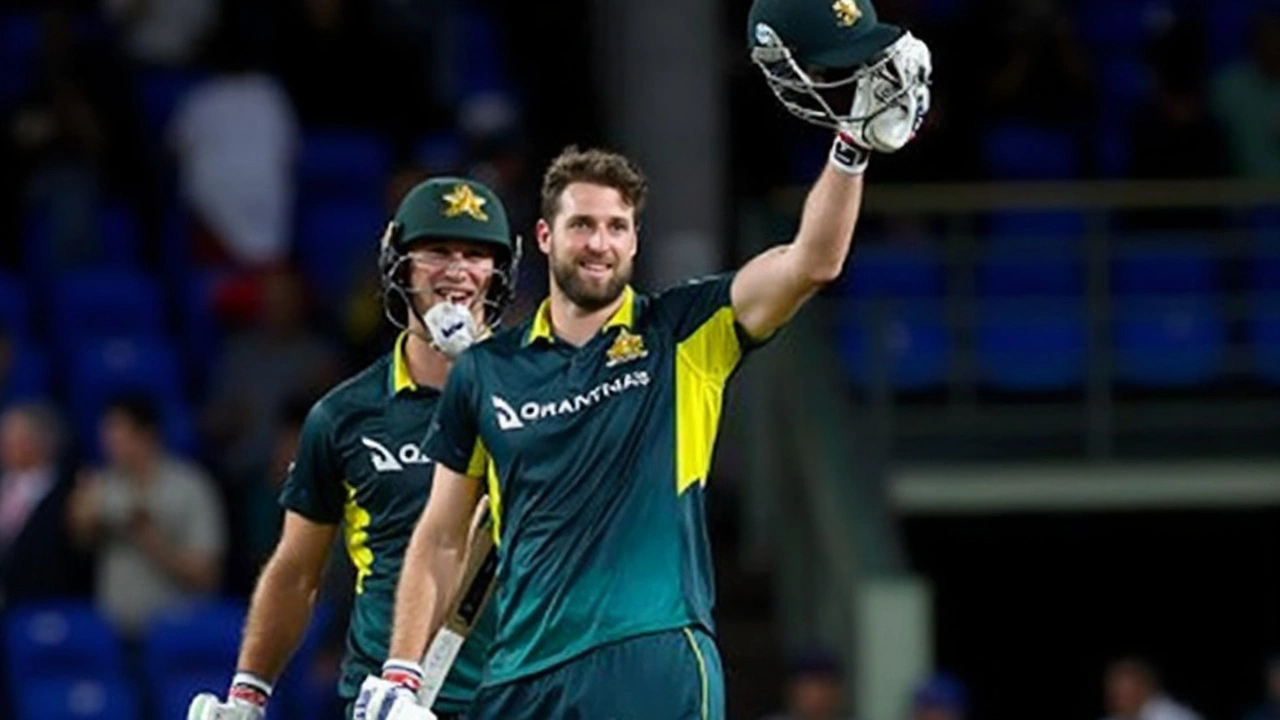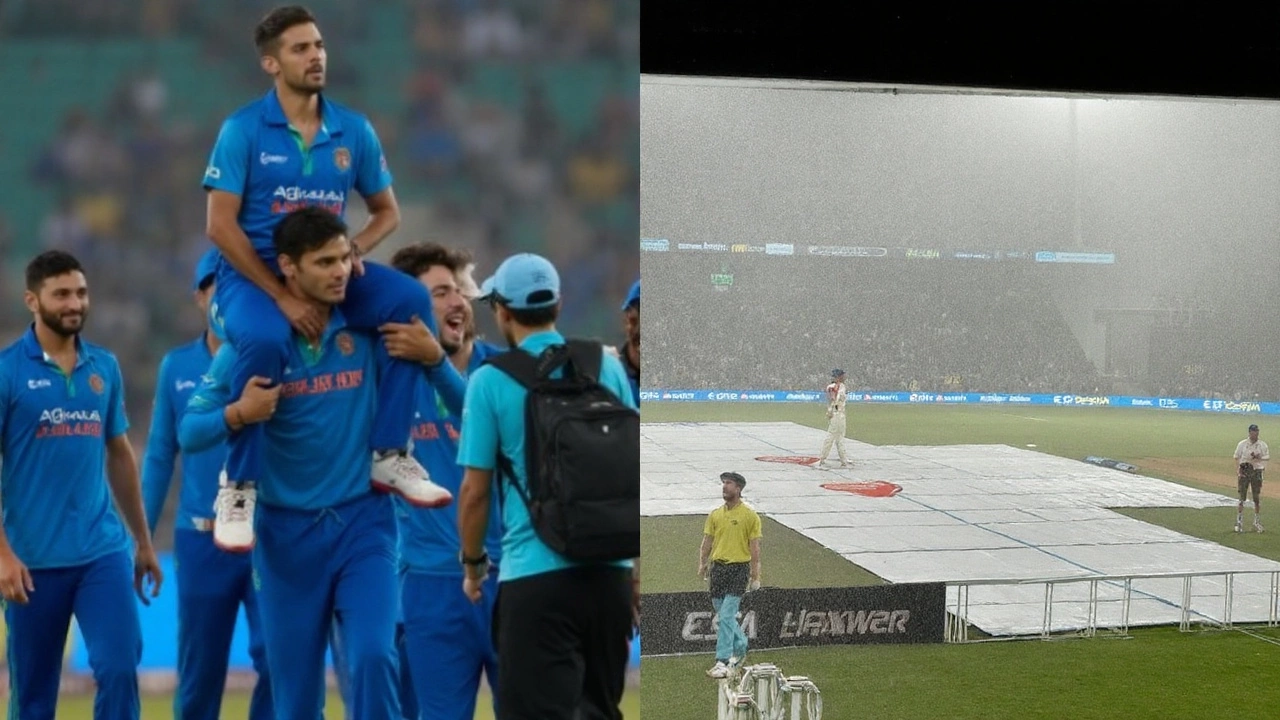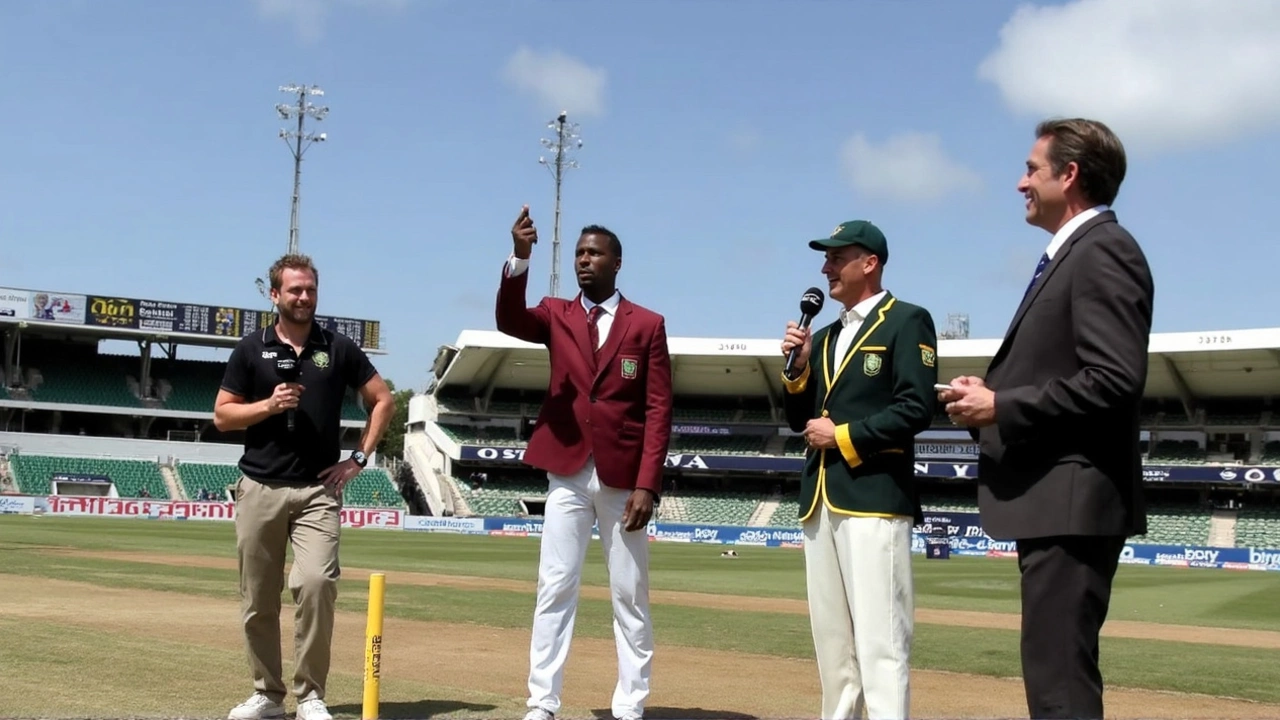Olympics 2024: Indian men's hockey team ends 52-year Olympic wait vs Australia with 3-2 win
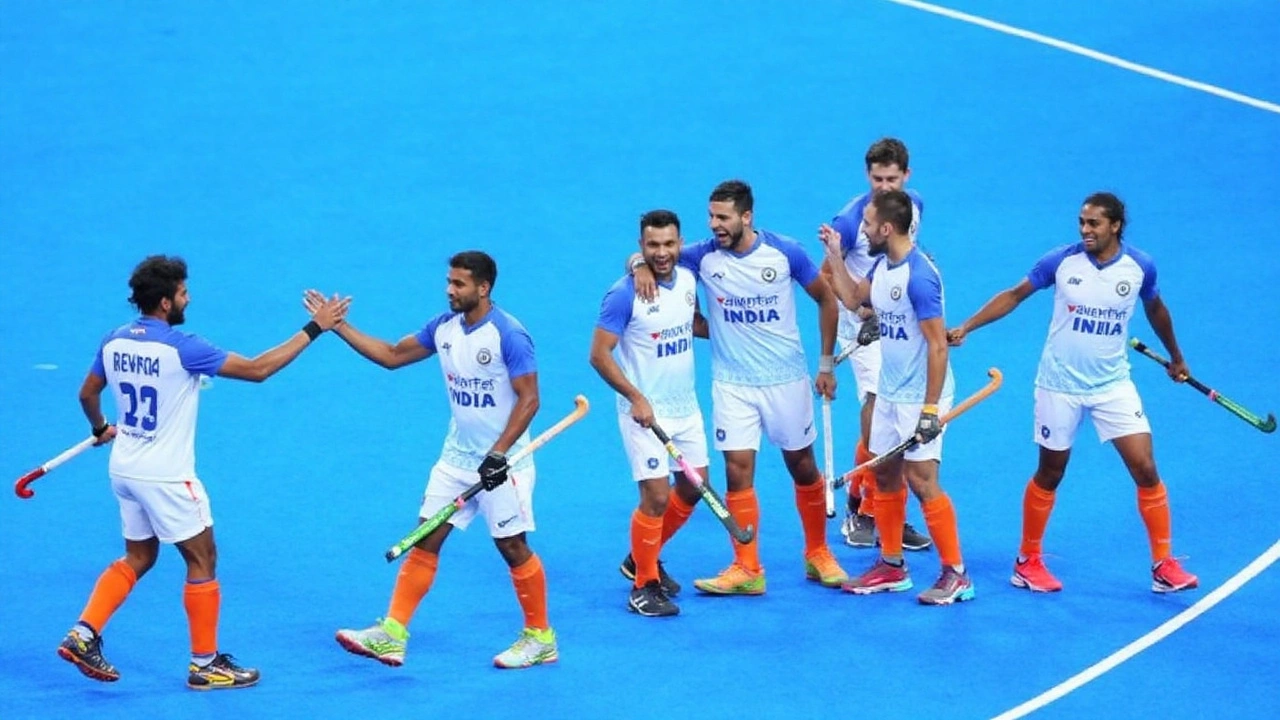
A 52-year wait ends in Paris
Some droughts end with a whisper. This one ended with a roar. The Indian men's hockey team stunned Australia 3-2 in their final Pool B game at the Paris 2024 Olympics, sealing a first Olympic victory over the Kookaburras in 52 years. The last time India pulled it off was Munich 1972. Since then, the fixture had become a wall India couldn’t climb—until now.
The start was sharp and fearless. Abhishek struck in the 12th minute, and skipper Harmanpreet Singh doubled the lead a minute later, flipping the script on a rivalry that has so often gone Australia’s way. Thomas Craig dragged Australia back into it in the 25th minute, only for Harmanpreet to answer again right after halftime in the 32nd. A late surge from Australia, capped by Blake Govers’ strike in the 55th, made for a tense finish, but India held their nerve.
On paper, it’s a pool-stage win. In reality, it’s a weight off the shoulders. India had failed to beat Australia in their previous eight meetings, including the bruising 7-0 at the Commonwealth Games and 7-1 at Tokyo 2020. Earlier this year, India lost six of seven matches to the Kookaburras, managing just one draw. Their last win of any kind before Paris came in a 5-4 Pro League thriller in Rourkela back in March 2023. That’s why this one lands differently.
It also mattered for the math. India finished second in Pool B—behind defending champions Belgium and ahead of Australia, Argentina, New Zealand, and Ireland. Second place meant a cleaner route into the quarterfinals and, more importantly, a team that finally looked ready to exorcise some old demons.
Harmanpreet set the tone. He led with presence and goals, six in the group stage alone, and would finish the tournament with 10—numbers that back his influence as much as the body language does. He isn’t just a drag-flicker anymore; he’s the heartbeat. His second goal against Australia, just after the break, felt like a line in the sand—no collapse today.
When the pressure spiked late, PR Sreejesh went into time-freeze mode. The veteran goalkeeper, so often India’s emergency brake, made the kind of saves that don’t show up as headlines but live on in highlight reels. Australia piled in numbers in the final minutes, turning loose balls and half-chances into anxiety. Sreejesh kept the door bolted.
There was more to it than individual brilliance. India managed tempo. They didn’t chase a chaotic, end-to-end battle that Australia relish. They slowed things down when they had to, trusted their midfield to recycle possession, and picked their moments to counter. Under pressure, they cleared lines cleanly and avoided the panicky turnovers that usually feed Australia’s press.
The rivalry backdrop makes the breakthrough starker. Australia have been a modern powerhouse, a team that punishes hesitation. India’s recent results against them were not just losses; they were reminders of a gap—physical, tactical, psychological. Paris flipped that narrative. Facing a side that had bullied them on big stages, India were the ones setting terms.
The players knew it. “We ticked off all the right boxes today,” Harmanpreet said afterward. “Starting the way we did and then some brilliant saves by PR Sreejesh ensured we stayed ahead in the game. It is a special win ahead of the quarter-finals. It gives us a lot of confidence.” Not coach-speak. Relief, and belief.
This win also fits a bigger arc that began in earnest with the Tokyo 2020 bronze, which ended a 41-year Olympic medal drought. In Paris, India backed it up with another bronze—their 13th Olympic medal in hockey (eight gold, one silver, four bronze)—cementing a return to habit rather than happenstance. The Australia result didn’t give them a medal; it gave them momentum, and proof that they could trade punches with a team that had haunted them.
Look closer and you see the layers. Fitness that holds up across four quarters. Defensive structures that don’t dissolve under pressure. Smarter exits from the back. Clinical set plays. None of that appears overnight. It comes from months of repetition, video work, and the uncomfortable ability to learn from heavy defeats. Paris felt like the payoff.
The match had its swings. At 2-0, India were cruising. At 2-1, the game tensed up. Harmanpreet’s 32nd-minute strike was the release valve, pushing it to 3-1 and forcing Australia to gamble. From there, India managed the clock and the chaos. Even when Govers made it 3-2 with five minutes left, India didn’t retreat into panic. They closed passing lanes, played the corners, and leaned on Sreejesh when they had to.
Abhishek’s early goal deserves its due. Those first 15 minutes matter against Australia; they like to dictate early and squeeze opponents into mistakes. By scoring first—and then adding a quick second—India flipped the psychological map. The Kookaburras had to chase. India got to choose when to engage and when to breathe. That choice won them the balance of the game.
For fans, this wasn’t just about the scoreboard. It was about erasing a specific scar. Munich 1972 had remained an odd historical footnote: the last time India beat Australia at the Olympics. Five Olympic defeats since then had turned the matchup into a measuring stick. Paris finally moved the needle.
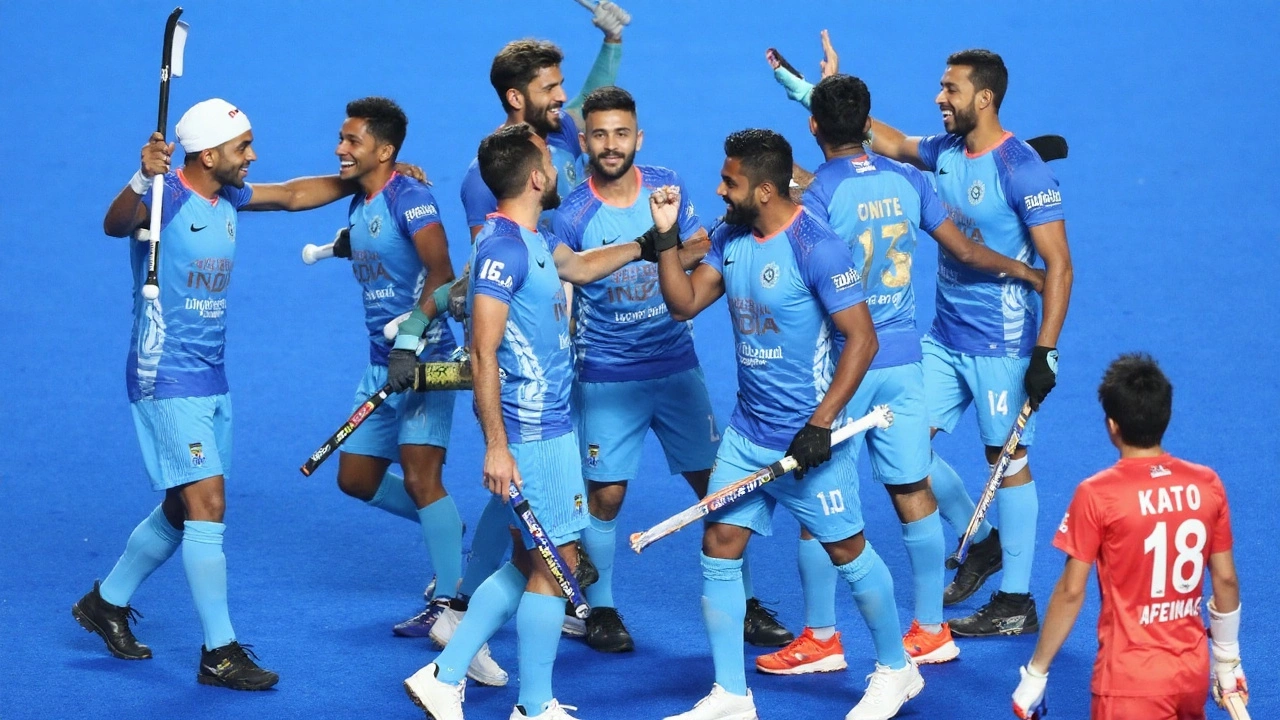
Why this win matters beyond the scoreline
Beating Australia in an Olympic game changes how opponents view India and how India view themselves. Opponents see a team that can outlast pressure and convert key moments. India see that their process holds up on the biggest days. That confidence carried into the knockouts and, eventually, onto the podium again in Paris.
There’s also a practical payoff: match management. India didn’t waste energy on lost causes, didn’t let frustration snowball, and didn’t store up cards with reckless tackles. They won the edges—restarts, second balls, field position. Those aren’t glamorous, but they decide tight games.
Australia will point to their late surge and chances missed. Fair. But in tight tournaments, margin is the currency, and India spent it well. The Kookaburras are still elite, still a nightmare to defend for four quarters. That’s what makes this result meaningful. India met the standard—and beat it.
For Harmanpreet, Paris will sit next to Tokyo as proof of longevity. For Sreejesh, it burnishes a legacy already etched in big saves and bigger moments. For Abhishek and the supporting cast, it’s validation that they can carry weight when rivals fixate on India’s stars.
In the bigger picture, this is what a resurgence looks like: not a single upset, but a series of results that announce a team has arrived and intends to stay. Two straight Olympic medals say as much. Beating Australia on an Olympic stage says the rest.
- Score: India 3-2 Australia
- Scorers: Abhishek (12'), Harmanpreet Singh (13', 32'); Thomas Craig (25'), Blake Govers (55')
- Context: First Olympic win over Australia since 1972
- Pool B finish: India second (behind Belgium)
- Tournament note: Harmanpreet finished with 10 goals; PR Sreejesh produced key late saves
- Historical tally: India’s Olympic hockey medals now total 13 (8 gold, 1 silver, 4 bronze)
Paris didn’t just give India a result to celebrate. It handed them a reference point. When the pressure spikes again—and it will—this 3-2 over Australia becomes the memory they reach for. The day the wait ended, and a ceiling lifted.
